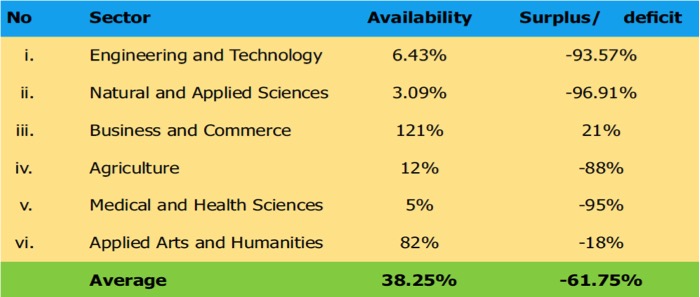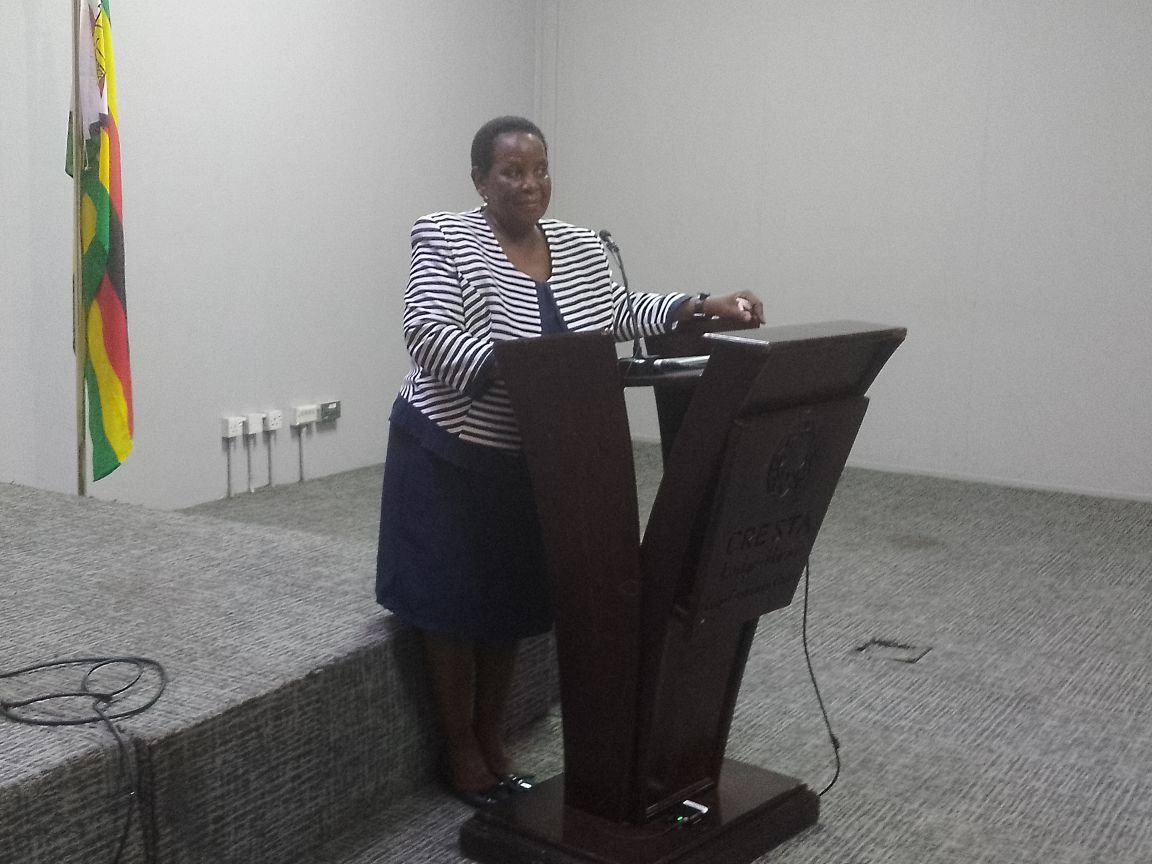|
Getting your Trinity Audio player ready...
|
Engineer Malven Takaidza, the Head of the Mechanical and Production Engineering Division of the Harare Polytechnic has said the Zimbabwean human capital skills development for industrialisation requires a hands-on technical capacity of an individual towards the fulfillment of an assigned socio-economic assignment.
He said this while giving an overview of the skills landscape in Zimbabwe at a workshop organised by the Ministry of Skills Audit and Development in collaboration with the Ministry of Higher and Tertiary Education, Innovation, Science and Technology Development held at the Cresta Lodge Hotel in Harare on Monday.
According to the National Development Strategy 1, Human Capital Development and Innovation are the engines that will drive its implementation and the country’s progress towards Vision 2030. Human Capital Development and Innovation will create the right conditions for a knowledge-driven economy for sustained growth, industrialisation, and modernisation of Zimbabwe.
“The Zimbabwean human capital skills development for industrialisation calls for the much-needed hands-on technical capacity of an individual towards the fulfillment of an assigned socio-economic assignment.
“The socio-economic landscape for Zimbabwe is premised on primary, secondary as well as tertiary industrial sectors. These three sectors are interlinked to form the economic performance of any modern society and hence the skills capacity of any nation forms the fabric of this setup and informs economic performance holding other factors constant,” Engineer Takaidza said.
He alluded to the 2018 National Skills Audit Report that unveiled a huge deficit of critical skills as illustrated below:

Critical Skills Gaps
Engineering & Technology:
Civil Engineering – skills for the design, construction, and maintenance of civil structures (houses, commercial buildings, roads, dams, rail, etc)
Chemical Engineering – skills for the design of large-scale processes that convert chemicals, raw materials, living cells, microorganisms, and energy into useful forms and products.
Tool and Die Making – skills for the design, manufacture, and maintenance of jigs, fixtures, dies, moulds, machine tools, cutting tools, gauges, and other tools used in manufacturing processes.
Industrial and Manufacturing Engineering – skills for the optimization of complex processes, systems, or organizations, to eliminate waste of time, money, materials, person-hours, machine time, energy, and other resources that do not generate value.
Natural and Applied Science:
Biological Sciences –skills for the study of life and living organisms, their life cycles, adaptations,
and environment.
Physical Sciences – skills for the study of the natural phenomena of the earth, atmosphere, and space through a variety of fields that include astronomy, chemistry, geology, physics, atmospheric science, and oceanography.
Biochemistry –skills for studying chemical processes within and relating to living organisms to understand how biological molecules give rise to the processes that occur within living cells, which in turn relates greatly to the study and understanding of tissues, organs, and whole organisms. It covers a range of scientific disciplines, including genetics, microbiology, forensics, plant science, and medicine.
Natural Sciences – skills for the description, prediction, and understanding of natural phenomena, based on empirical evidence from observation and experimentation.
Business and Commerce:
Marketing and Advertising –skills for the preparation of products for the marketplace.
Business and Administration –skills for the performance or management of business operations and decision-making, as well as the efficient organization of people and other resources, to direct activities toward common goals and objectives.
Management and Administration –skills for the administration of organizations.
Transport Services –skills for the movement of humans, animals, and goods from one location to another through diverse modes of transport; air, land (rail and road), water, cable, pipeline, and space.
Finance, Banking, and Insurance –skills for the economic services provided by the finance industry.
Agriculture:
Horticulture –skills for embracing new techniques to boost production of quality fruits, vegetables flowers and any other cultivars that can compete on the global market.
Emerging Technology Requirements:
- Renewable energy
- Mechatronics
- Machine building
- Information and Communication Technologies
- Automation and Robotics – Artificial Intelligence
Speaking on the same topic, Juliana Ruramai Mbofana, the Principal for Belvedere Technical Teachers College said there is a need to align Teacher Education and the Ministry of Primary and Secondary Education curricular.
She called for general transformative strategies in line with the now semesterised teacher education curriculum. Together with this, she said there is a need for ssessment of indigenous languages by ZIMSEC e.g. Tjikalanga.
Mrs Mbofana said capacity building is required in:
- STEM areas
- Technology utilization-digital skills
- Teachers in theatre, dance, mass display
- Agriculture
- Minerals and Mining Value Chains
- Collaboration and teamwork.






